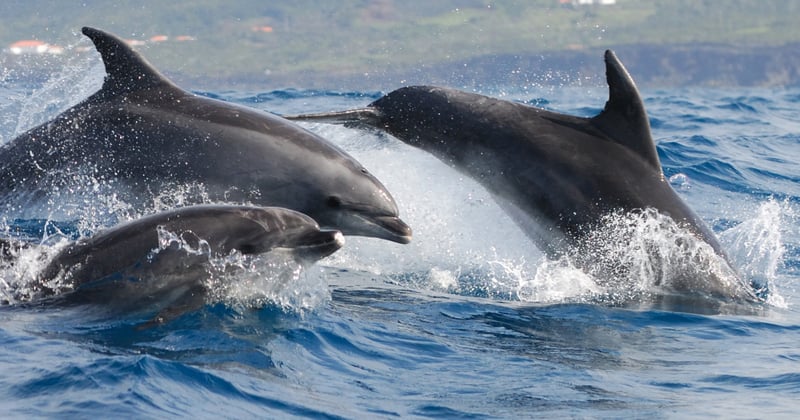
Our response to dolphin farming plans in Taiji, Japan
News
Due to growing global pressure in response to the annual wild dolphin hunt and slaughter in Taiji, Japanese authorities have pledged not to source live dolphins for zoos and aquariums captured during those hunts.
However, there are now proposals to create a dolphin farm in the same area to breed these captive dolphins and use their offspring to meet demand for the animals.
Our International Head of Wildlife Research and Policy, Neil D’Cruze, has responded strongly:
"Wildlife farming represents a very real threat to animal welfare. It can also act as cover for increased illegal poaching of animals from the wild that are typically quicker and cheaper to source.
“Such wildlife farming is simply a flawed ‘short cut’ that will lead us to the same outcome – animals suffering in captivity and empty oceans.
“Ironically, the vast majority of tourists pay for wildlife-based entertainment because they love animals. It is vital that unsuspecting tourists are made aware of the terrible suffering behind the scenes so that they don’t inadvertently support this cruelty. Wild animals should stay in the wild where they belong.”
Learn more about our campaign to end the abuse of wild animals used for entertainment.
Image: CW AZORES/Justin Hart
Wildlife farming represents a very real threat to animal welfare. It can also act as cover for increased illegal poaching of animals from the wild that are typically quicker and cheaper to source.